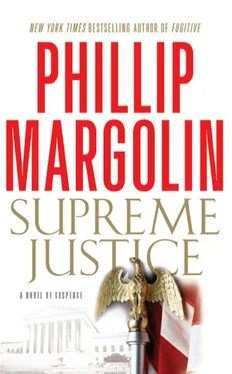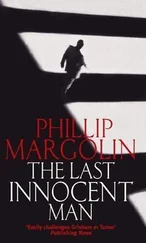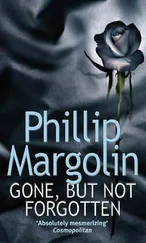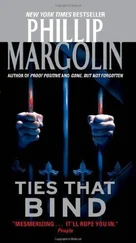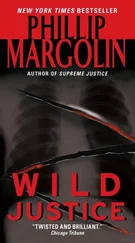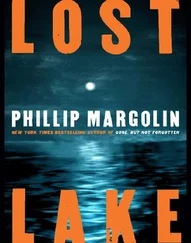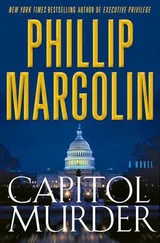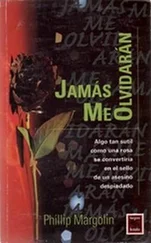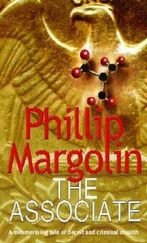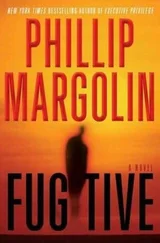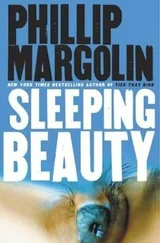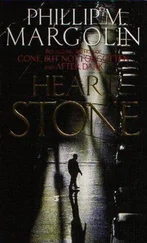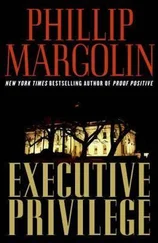“Is she ready for me?” Harriet asked.
“She’s waiting on that memo,” Harris said, nodding toward the sheaf of papers in the law clerk’s hand.
Harriet rapped her knuckles on the doorjamb. Justice Moss was sitting behind a grand mahogany desk reading a file. She looked up and waved Harriet in.
The judge’s private chambers had a fireplace and a private bathroom. The United States Reports, which contain the Court’s opinions, took up a good deal of the wall space. On the rest of the walls were an oil painting of former Justice Thurgood Marshall, photographs from Justice Moss’s days with the Reverend Martin Luther King Jr., framed copies of her briefs in the landmark Supreme Court cases she had argued, and a quote in a pink quilted frame that provided an example of the judge’s sense of humor. The quote was from Justice Bradley’s concurring opinion in the 1872 case of Bradwell v. Illinois, in which the United States Supreme Court held that Myra Bradwell could be denied the right to practice law because she was a woman.
[T]he civil law, as well as nature herself, has always recognized a wide difference in the respective spheres and destinies of man and woman. The natural timidity and delicacy which belongs to the female sex evidently unfits it for many of the occupations of civil life. The… domestic sphere… properly belongs to the domain and functions of womanhood.
The paramount destiny and mission of woman are to fulfill the noble and benign offices of wife and mother.
Felicia Moss was a sturdy, gray-haired, black woman who seemed more like a wise grandmother than one of the most powerful judges in the United States. The justice’s real age was a closely held secret, and her response to those who asked was “None of your business,” a line that got a lot of laughs at her confirmation hearing.
Anyone who didn’t know Justice Moss’s history would be surprised to know that she’d run with a teenage gang on the mean streets of New York before figuring out that her life expectancy would improve if she got out of the ghetto.
Moss had no idea who had fathered her. Her teenage mother had given birth to her at home, and her grandmother raised her after her mother died of a drug overdose. The first person in her family to graduate from college, she’d paid her tuition at CCNY by working menial jobs that left her little time to study. Even so, her grades had earned a scholarship to Columbia University Law School, where she’d finished fifth in her class. Unfortunately, the legal profession of the midsixties had no place for a woman, especially one of color. Her anger at having to work secretarial jobs while the men in her class collected fat checks on Wall Street drove her to the Deep South, where she used her legal skills to help Reverend King. Moss had been a beauty in her youth, and there were rumors-never confirmed-that she and King had been lovers.
King’s assassination drove Felicia Moss into a deep depression, away from the civil rights movement and to Wall Street, where she became the token African-American woman at a white-shoe firm trying to clean up its image. She lasted four years, during which she slowly became involved with the women’s rights movement. Two pro bono victories for the ACLU in the United States Supreme Court established her reputation in legal and academic circles. After leaving Wall Street, Moss taught at her alma mater until President Jimmy Carter appointed her to the federal district court. President Clinton elevated her to the United States Court of Appeals for the Second Circuit, and President Nolan put the finishing touches on her judicial odyssey by nominating her to the high court.
“Here’s my memo on Woodruff v. Oregon, Judge,” Harriet said when she was seated opposite her boss. The judge skimmed Harriet’s analysis of the case while her clerk waited patiently.
“So, you don’t think we should grant cert?” Moss asked when she was done.
“No,” Harriet answered confidently. “Take the double-jeopardy claim. It doesn’t stand up. Sure, Sarah Woodruff was tried twice for killing John Finley, but the first case was dismissed.”
“After a jury was selected and she’d suffered the ignominy of having to go halfway through a trial because the government kept crucial facts from the defense.”
“Which they had every right to do,” Harriet responded. “Woodruff is arguing that her case is special, but she’s just one person. Protecting all of our citizens outweighs the rights of a single citizen.”
“You don’t think the application of the state-secrets privilege should be scrutinized more closely when the defendant is facing the death penalty?” Moss asked.
“I don’t. The type of charge has no bearing on the rationale that supports the privilege.”
Moss talked about the Woodruff case with Harriet for a few minutes more, then ended the discussion when she saw that the time for her meeting with the other justices was drawing near.
“OK. I’ll read your memo carefully. It looks like you did good work. Now scat. I’ve got to get ready for conference. And ask Carrie to bring me some coffee. I’m going to need a caffeine fix to get through the morning.”
Harriet closed the door behind her, and Justice Moss frowned. Lezak was bright but she was mechanical. Her memo on Woodruff, like her other work, was exceptional, but she always concluded that the law is the law. It didn’t hurt to inject some humanity into the law from time to time. After working with Lezak for half a year, the judge had concluded that she lacked soul.
Moss thought about Brad Miller and smiled. There was an advantage to having four clerks. They each brought something different to the table. Brad was as good on the law as the Ivy Leaguers even if he hadn’t yet convinced himself that he was, and he came at the cases differently from the kids from the top-tier law schools. The plight of the people involved in the cases concerned him. There were times when his emotions got in the way of his logic, but the judge could sort that out. It was nice to work with a bright young man who possessed a healthy dose of empathy.
Moss glanced at the clock again and sighed. She had no more time for daydreaming. The issues in Woodruff were complex, and she still had no idea how she was going to come down on them. She hoped that she would do what was morally and legally right, but there were times when morality and the law dictated different results. As the final arbiter of the law in this great country, she had a duty to follow its statutes and cases even when her heart pulled her in a different direction.
The only thing keeping many death-row inmates alive is a petition for a writ of certiorari, which, if granted, orders the last court to hear the petitioner’s appeal to forward the record of the case to the Supreme Court for review. Twice each week, stacks of new petitions are circulated in the justices’ chambers, where their law clerks write memorandums recommending that the petitions be granted or denied. The chief justice circulates a “discuss list” with cases deemed to have merit, and each associate justice may place additional cases on the list.
The decision to grant or deny the thousands of petitions that flood the Court each month is made in an oak-paneled conference room that adjoins the chambers of the chief justice. Only the justices attend the conference; no other Court personnel, including their clerks, are allowed to hear their deliberations. The conference room is illuminated by a chandelier and the light from several windows. The windows are flanked by bookshelves filled with reports of the Court’s decisions. A somber portrait of John Marshall hangs above a black marble fireplace. From his position on high, the fourth chief justice of the United States watches his judicial descendants take assigned seats around a long mahogany conference table on which lie sharpened pencils and yellow legal pads.
Читать дальше
